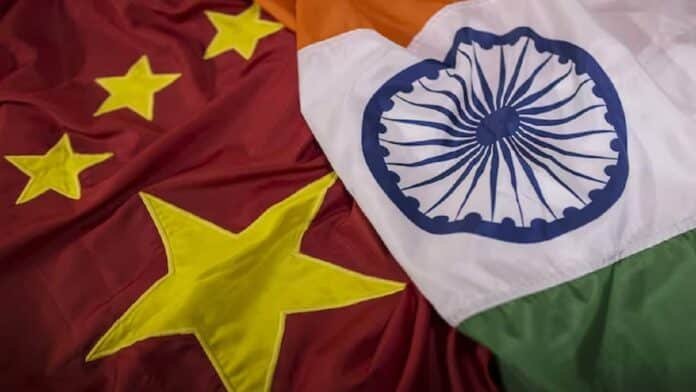In a significant breakthrough, India and China have agreed to restore patrolling rights to each other in the contentious Depsang Plains and Demchok region. This development marks a crucial step towards easing tensions along the Line of Actual Control (LAC), where the two nations have been locked in a military standoff since April 2020.
India and China have agreed to restore patrolling rights
Table of Contents
Army Chief General Upendra Dwivedi’s Remarks
General Dwivedi emphasized the need for restoring trust between the Indian Army and the Chinese PLA. “We want to go back to the status quo of April 2020,” he stated, outlining the prerequisites for disengagement, de-escalation, and normal management of the LAC.
Restoring Trust and Patrolling Rights
The agreement enables Indian troops to patrol up to patrolling point (PP) 10 to 13 in the Depsang Plains and in Charding Nullah of Demchok. This marks a significant shift, as these areas were previously considered legacy issues. Mutual agreements have also been reached for the eastern theatre, particularly in sensitive sectors of Arunachal Pradesh.
Foreign Secretary Vikram Misri’s Announcement
On Monday, Foreign Secretary Vikram Misri announced the patrolling agreement, with China confirming the pact the following day. External Affairs Minister S Jaishankar hailed the development as “positive and good,” paving the way for peace and tranquility in border areas.
A Step Towards De-Escalation
The agreement is expected to lead to disengagement, de-escalation, and de-militarisation in areas with 50,000 to 60,000 troops stationed on either side. Officials anticipate this process to begin within the next week to 10 days.
Legacy Issues Addressed
The restoration of patrolling rights in the Depsang Plains and Demchok region resolves long-standing issues predating the 2020 Chinese incursions. This breakthrough sets the stage for further discussions on other sectors in the east.
Rebuilding Bilateral Ties
The agreement marks a significant step towards rebuilding bilateral ties, which have been strained since the military standoff. As General Dwivedi emphasized, “Restoring trust is the first step. Once we restore trust, other phases will follow.”
Experts Weigh In
Analysts view this development as a positive gesture, but caution that the road to lasting peace remains long. “This agreement is a crucial confidence-building measure, but sustained dialogue and mutual cooperation are essential for lasting stability,” noted strategic affairs expert, Dr. Srikanth Kondapalli.
The Way Forward
As India and China embark on this critical journey, the international community watches with bated breath. Will this agreement pave the way for lasting peace along the LAC? Only time will tell.
Stay updated on this developing story.
Here are some opinions and reactions from Indian citizens:
“This is a welcome move! Restoring patrolling rights is a significant step towards peace and stability along the LAC,” said Hridita Chatterjee from Delhi.
“I’m cautiously optimistic. We need to ensure that China honors its commitments and doesn’t backtrack,” added Bangalore resident Sreyoshi Saha.
“It’s about time! Our soldiers have been stationed there for too long. Hope this leads to actual de-escalation,” said Bhutai, an ex-serviceman from Kolkata.
“This agreement shows India’s diplomatic strength. We should continue to engage with China while prioritizing our national interests,” Said Deep Das from Bongaon.
